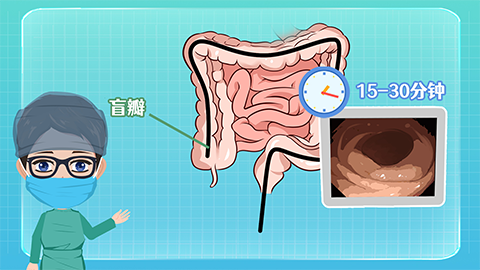Can a colonoscopy detect colorectal cancer?
In general, colonoscopy can detect colorectal cancer. The detailed analysis is as follows:

A colonoscope is a long, flexible tube inserted through the anus into the intestine, equipped with a camera at its tip that clearly visualizes the mucosal surface of the intestinal tract. Colorectal cancer often appears as polyps, ulcers, or masses on the intestinal mucosa. These lesions alter the normal appearance of the mucosa, exhibiting features such as rough surfaces, hardened texture, and easy bleeding. Colonoscopy can directly capture these abnormalities and allow for biopsy of suspicious areas to determine the presence of cancer cells through pathological examination, thereby accurately diagnosing colorectal cancer. It is especially effective in detecting early, small lesions, providing valuable time for subsequent treatment.
Prior to undergoing a colonoscopy, patients should follow medical instructions for bowel preparation, such as taking laxatives and adjusting their diet, to ensure no fecal residue remains in the intestine, which might otherwise interfere with the examination results. Mild bloating or abdominal pain after the procedure is usually normal and can be relieved by passing gas. However, if severe abdominal pain or rectal bleeding occurs, immediate medical attention is required. Individuals over 40 years old, those with a family history of colorectal cancer, or those experiencing gastrointestinal symptoms are advised to undergo regular colonoscopy screenings. During the examination, it's important to cooperate with the doctor, remain relaxed, and minimize discomfort.






